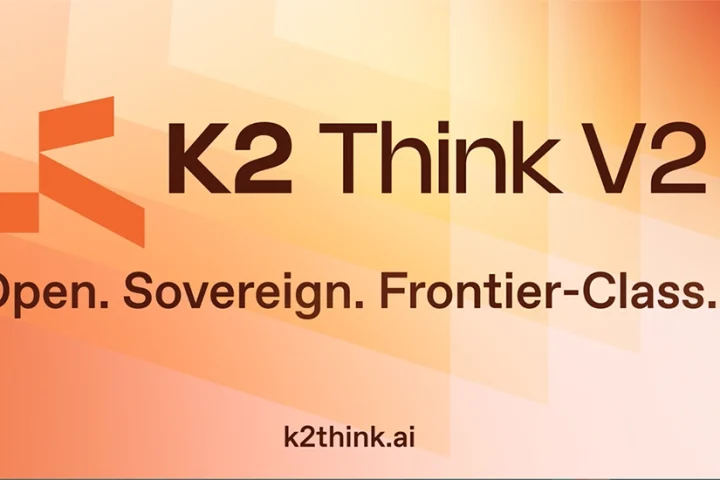Salesforce introduced four new capabilities for Field Service to help businesses equip their mobile workforce for the future. These features will enable businesses to scale field service resources to handle more complex jobs, customize mobile workflows to improve employee experiences, provide customers with self-service scheduling, and use video to troubleshoot issues in real time.
Customers today expect businesses to deliver world-class service whether they’re working with a call center employee, engaging with a bot, or interacting with an agent in the field. But field service organizations often don’t have the tools, skills, and information to meet these expectations. In fact, 80% of field service professionals say the skills required for their job have changed from just two years ago.
“With customers and employees looking for fast and easy service, the field service industry is ripe for change,” said Paul Whitelam, GM of Field Service Management at Salesforce. “Salesforce is continuing to evolve our field service management platform to meet the needs of customers and field service employees in this all-digital world, and these latest innovations bring more trust, speed, and convenience to every field service interaction.”
Salesforce Field Service was built to manage mobile workforces on the world’s #1 CRM. It offers a complete service offering that connects customer data and service experts on one platform. Salesforce Field Service also provides intelligent scheduling, virtual support, and visual assistance to solve problems efficiently and reduce costs. In addition, an integration with Slack enables swarming capabilities and collaboration with the right experts, based on availability and skills.
Today’s additions to Salesforce Field Service include:
- Enhanced Scheduling and Optimization Engine will enable businesses to handle more complex field service jobs that require several steps and technicians. For example, a utility job includes digging a hole for a new electric pole, installing the pole and wires, and adding wiring to nearby structures. Companies will be able to chain these steps together so dispatchers can see complex jobs in their entirety and better manage worker capacity. The enhanced engine will run on Hyperforce, a reimagination of Salesforce’s platform architecture built to securely and reliably deliver the Salesforce Customer 360, including Sales Cloud, Service Cloud, Marketing Cloud, Commerce Cloud, Industries and more, on major public clouds.
- Lightning Web Components for Field Service will allow businesses and partners to easily customize the Salesforce Field Service mobile app with advanced features and workflows to provide a better technician experience. For example, a water delivery company can create a custom app with order information from Service Cloud in one page, automating the documentation process and saving the delivery person time and clicks. An insurance company may require different customizations for natural disaster claims like hurricanes or earthquakes based on the different regions in which they operate. Lightning Web Components also provide new opportunities for partners and system integrators to create industry-specific applications, such as streamlined workflows for home security companies or industrial manufacturers.
- Appointment Assistant Self-Service Scheduling enables customers to schedule, cancel, confirm, or reschedule their own appointments, all without waiting on hold. And as customers make these changes, technician schedules and service resources automatically adjust for the new schedule.
- Visual Remote Assistant Two-Way Video lets both agents and customers collaborate over video in real-time to troubleshoot issues. This can be used as a triage step, automatically triggered based on the characteristics of a support ticket, to avoid unnecessary and expensive truck rolls. For example, an agent can show a customer step by step how to reset their own cable box. Additionally, when on-site, technicians can get real-time training or pull in additional support from co-workers when needed.
Organizations in dozens of industries around the world are using Salesforce Field Service to respond to the changing needs of their customers:
- Hologic: “With Salesforce Field Service, Hologic is able to reduce time spent on-site by equipping field service engineers with AI-powered recommendations and ensure we can get the right person to the right job at the right time, with the right part,” Pierre Malboeuf, Senior Director, National Field Service, Breast & Skeletal Health, Hologic. “Field Service is a game changer and enables us to build a deep sense of trust with our customers.”
- AAA: “Today’s consumer has zero tolerance for having to repeat themselves. Omnichannel servicing allows a customer to begin a request or service from one chosen channel and complete the request in a whole other service channel without losing a beat,” Shohreh Abedi, EVP, Chief Operations Technology Officer, Member Experience, The Auto Club Group – AAA. “Field Service has reduced over 25% of the volume that is being handled completely digitally without human interaction, through AI, chat or other digital self-service capabilities. The result of having a customer-centric approach is a happier, more delighted member, and Salesforce is a big part of our journey.”
- SafeStreets: “We needed a smart tool that would allow us to schedule security installs quickly in a matter of minutes and bring our reschedule rate down, because rescheduling often results in the customer cancelling the job,” said Eddie Prignano, VP of Systems Architecture, SafeStreets. “Salesforce helped us create a great customer experience in a short amount of time that gives us confidence in our scheduling and gives the customer all the information they could want — from the name and photo of the technician, to where they are and their ETA, so the customer never feels like they’re in the dark. And as customers’ expectations require updates to these experiences, we have the flexibility to simply and easily make changes as necessary.”
- MTI: “MTI provides security and tablet solutions to businesses like retailers, restaurants, hotels and hospitals, and the pandemic drove tremendous change in all of those businesses. By leveraging Salesforce Field Service, we’ve been able to reduce manual scheduling needs by 50% and run 70-80% of service trips through our optimization model,” Mary Jesse, CEO, MTI. “Not only that, but we’re able to drill down and see to the minute when somebody is on-site, what they’re doing and how it relates back up to a complete customer project. The average time to resolve a case has decreased as we’ve leveraged multiple applications within the Salesforce ecosystem — increasing the speed and efficiency of our business.”























